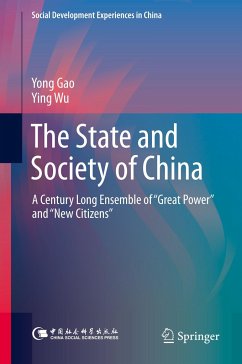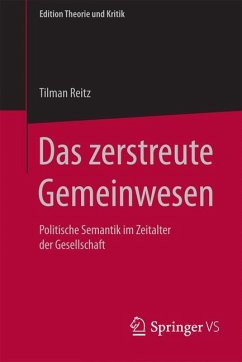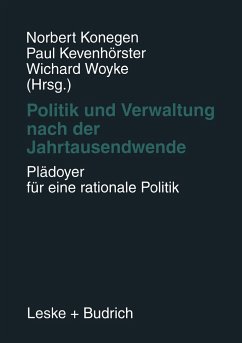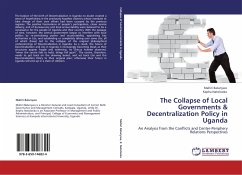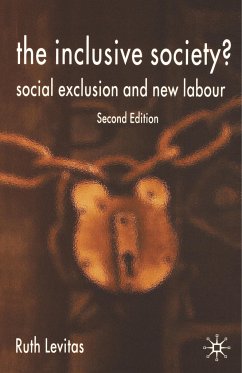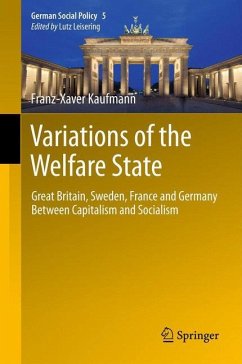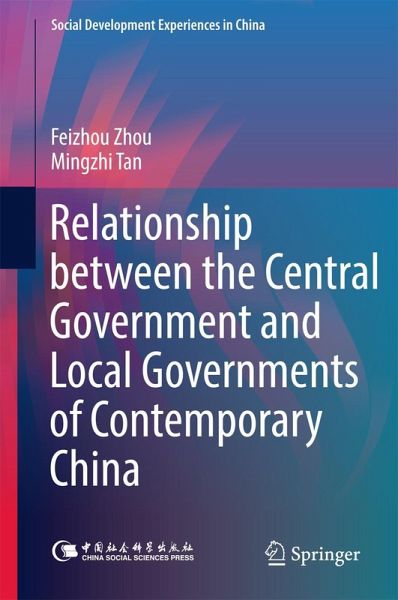
Relationship between the Central Government and Local Governments of Contemporary China
Versandkostenfrei!
Versandfertig in 6-10 Tagen
38,99 €
inkl. MwSt.
Weitere Ausgaben:

PAYBACK Punkte
19 °P sammeln!
This book examines the connection between central-local government relations and the transition of contemporary China, the urbanization process and social development. Based on empirical investigations and theoretical research, it argues that this is the key to understanding the transition of central-local government relations from the overall fiscal rationing system in the 1980s and the tax distribution system in the 1990s. The former system provided the incentive for local government to "set up a number of enterprises" and resulted in rapid local industrialization, while the latter system en...
This book examines the connection between central-local government relations and the transition of contemporary China, the urbanization process and social development. Based on empirical investigations and theoretical research, it argues that this is the key to understanding the transition of central-local government relations from the overall fiscal rationing system in the 1980s and the tax distribution system in the 1990s. The former system provided the incentive for local government to "set up a number of enterprises" and resulted in rapid local industrialization, while the latter system enabled the local governments to move from "operating the enterprises" to "operating the land and cities". The book analyzes two aspects of the profound impact of the change in central-local government relations on the behavior of local governments: land quota acquisition and urbanization, thus providing valuable insights into the economic and social development of contemporary China.



